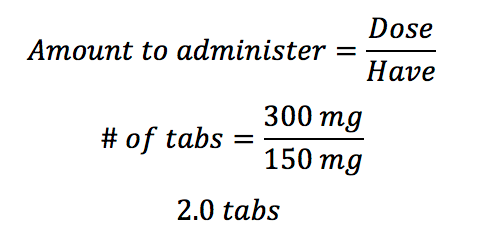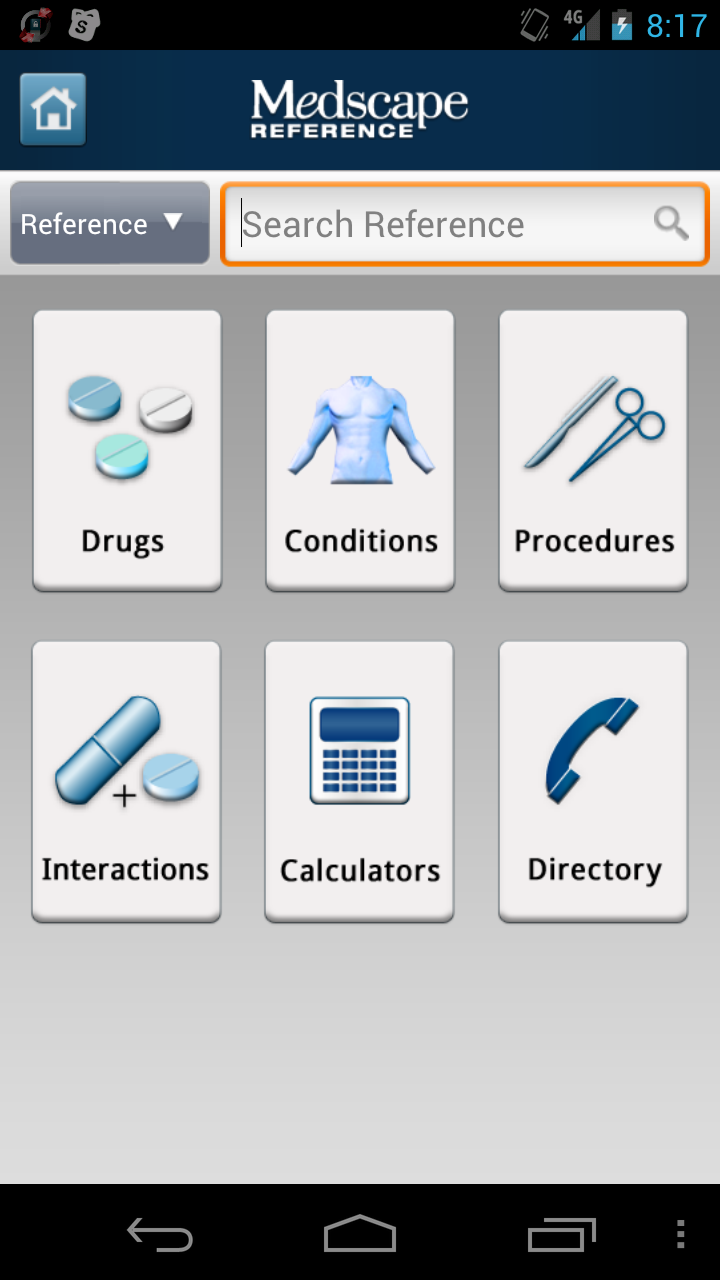
Then divide leaving X on one side of the equation. Use the formula noted above to calculate the solution.

What is extraneous information not needed for calculating? How many ml will the nurse withdraw from the reconstituted vial? The nurse has a one gram vial with the following information on the vial: Mix 5.7 ml of sterile water to yield 250 mg/1.5 ml. John has an order:“Oxicillin 550 mg IVPB Q 6 hours”. Extraneous Information: an important principle in setting up your problem is to identify what is critical information for calculation and what is extraneous to calculating the problem. The "mg" cancels out leaving 0.25/0.5 = 0.5 tab = XĬritical vs. Then by dividing both sides of the equation in order to leave the “X” alone on one side of the equation.ĭividing both sides of the equation by 0.5 mg, gives you an equation: Xtab = 0.25 mg*tab / 0.5 mg. Place the X on the left side of the equation: Xtab x 0.5 mg = 0.25 mg x 1 tab. It is easier to calculate if the conversion is changed to the measurement one has "one hand". As necessary, change mg to mcg, grams to milligrams, etc. Make sure both sides of the equation match in terms of the units. In the example below: "mg" on top of both sides of the equation and “tab” on the bottom of both sides of the equation. X is what you want to find out, in this case how much digoxin to give.įill in the 2 units of measurement you are dealing with. Set up your skeleton until you become comfortable with the process: ? The key is to clarify the 2 parts of the equation (what to give and what is available). Tip: Your exams may use varied terms to designate the 2 components necessary to calculate the correct dosage to administer.

Below are some of the most common equivalents used for medication doses. If you know one equivalent within a system, then you can use ratio and proportion to solve conversions. When using the metric system, remember the rules for moving the decimal. Sometimes it is necessary to convert before one can calculate a problem. Nurses may use basic math to determine intake and output. Other instances in which the nurse may use math (pharmacology) includes calculating safe dosages of medications.

To interpret physician's orders, the nurse must also understand abbreviations used to describe those units of measurement and frequency of administration. Math computation skills (addition, subtraction, division, multiplication, fractions, etc) are necessary to calculate medication dosages. Since nurses need to accurately calculate medication dosages, it is essential to understand drug weights and measures.
#Med math calculator how to
Pharmacology math requires the nurse to know systems of measurement and how to convert within those systems of measurement.

Nurses must perform dosage calculations when administering medications, feedings and intravenous fluids.


 0 kommentar(er)
0 kommentar(er)
